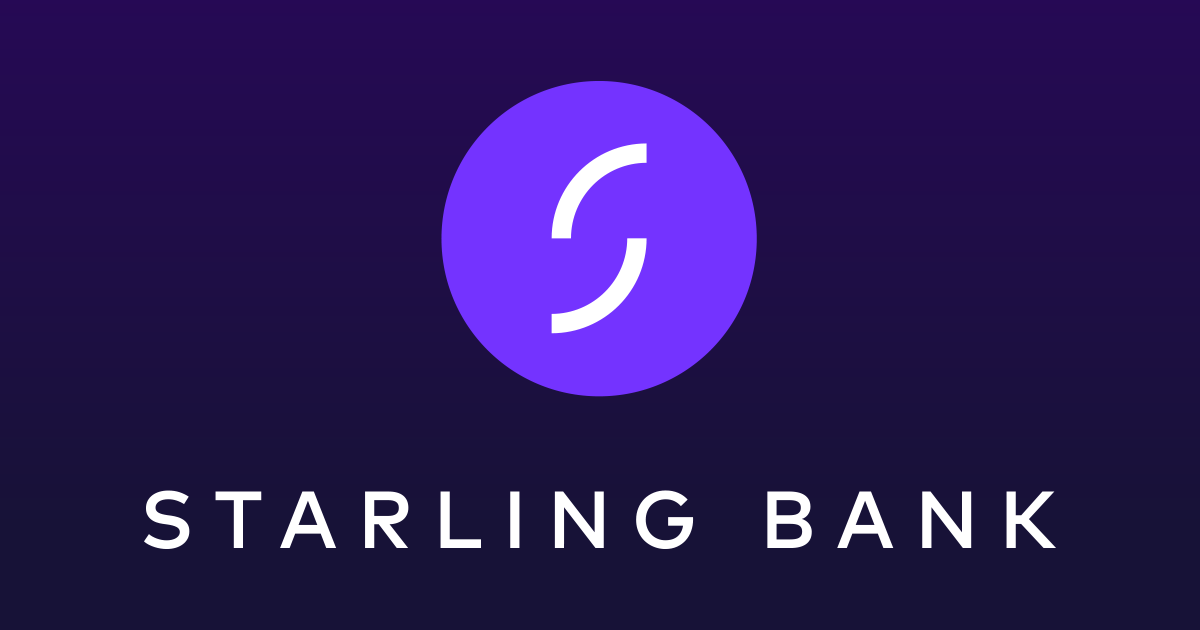Starling Unveils AI-Powered Spending Intelligence Tool to Help Brits Be “Good with Money” (12.06.2025)
Starling Bank has announced the launch of Spending Intelligence, a first-of-its-kind AI tool integrated directly into its banking app. Built using Google Cloud’s secure infrastructure and powered by Gemini AI, this new feature is part of Starling’s mission to help customers in the UK become “Good with money.” The launch sets a new benchmark for how artificial intelligence can deliver meaningful, accessible financial insights to everyday users.
✨Get a Dissertation Research Proposal on this Topic
Fill in the form and we will shortly create and send you the research proposal on "Starling Unveils AI-Powered Spending Intelligence Tool to Help Brits Be “Good with Money” " for free.

A Closer Look at Spending Intelligence
Spending Intelligence enables Starling customers to ask natural-language questions—typed or spoken—about their personal spending data. This includes questions like:
- “How much have I spent on takeaways this month?”
- “What’s my biggest expense category this year?”
- “How much did I spend on travel in May?”
The tool responds with intuitive, easy-to-read answers, often including visual aids such as interactive charts, categorized breakdowns, and trend insights. Starling automatically classifies transactions into over 50 customizable spending categories, enhancing clarity and allowing customers to filter by merchant, time period, or transaction type.
What sets this feature apart is its conversational interface: users can engage with their finances just like they would with a digital assistant—without scrolling through complex statements. Additionally, the feature proactively suggests relevant questions based on users’ spending patterns, helping them discover trends they might not have otherwise noticed (e.g., rising spending at a certain store or increased transport costs).
Privacy is a core pillar of the tool’s design. The service is opt-in only, and user data stays within Starling’s secure environment. It is not used to train external AI models, and no financial advice is given—only personalized spending insights.
Pros (Strengths & Benefits)
- Natural, intuitive interface: Offers a user-friendly way to query finances using plain English, reducing the complexity of traditional banking tools.
- Enhanced spending visibility: Detailed categorization and interactive visual summaries help users quickly identify where their money is going.
- Personalized prompt suggestions: The system surfaces helpful questions based on individual behavior—useful for budgeters, travelers, or those wanting to cut back.
- Secure and private: Customer data is handled responsibly, never shared outside of Starling or used to train third-party models.
- First-mover advantage: As the UK’s first bank to launch such a feature, Starling strengthens its image as a digital-first, customer-centric bank.
Cons (Limitations & Considerations)
- No financial advice yet: While it analyzes data, the tool currently doesn’t offer budgeting tips, goal-setting support, or investment guidance due to regulatory limitations.
- Opt-in required: Some users may not activate the feature, limiting its reach, especially among less engaged or digitally averse customers.
- Dependent on categorization accuracy: Errors in transaction labeling could result in misleading summaries or insights.
- User skepticism: Despite clear privacy protocols, some customers may be hesitant about AI interpreting their financial behavior.
- Limited to spending analysis: It doesn´t yet extend to income tracking, credit monitoring, or financial forecasting.
Summary
Starling Bank’s Spending Intelligence represents a pioneering leap in digital banking. By making financial data conversational, accessible, and actionable, it empowers users to gain greater control over their spending habits. With a commitment to privacy and user empowerment, it is well-positioned to lead future innovations in AI-powered personal finance. However, its impact may be tempered by its non-advisory nature and the need for broader adoption.
While still in its early stages, Spending Intelligence exemplifies the future of banking: smart, safe, and customer-focused. As Starling evolves this tool—potentially adding budgeting, planning, or alert capabilities—it could become an essential companion in the financial lives of millions across the UK.
About ECEBiS
At ECEBiS you are going to understand what will change the trajectory of the financial industry. You will develop a transversal view on the forces that are shaping the future financial industry.
From payments and lending to investment and money management, tech providers are actively shaping the future of the financial landscape - even pushing the boundaries of currency itself. You might evaluate the impact of robo-advising on health management and examine portfolio recommendations from a diversified set of RAs and attempt to identify the factors behind proposed splits between asset classes.
ECEBiS is a platform in academic research on new business models and innovative products. We investigate in fast moving sectors that are reshaping the financial world of tomorrow and pioneering new ways of doing business. We want to attract outstanding ECEBiS students in finance with experiences and exposures, who intend to
Doctorate of Business Administration (DBA) in Finance (online, 3 years part-time)
develop knowledge on challenges that shape the future of financial industry
engage with a program that offers the convenience of online learning with the benefits of accreditation and global reach.
raise awareness on the importance of fintech and sustainability in finance
identify the best practices in the financial industry to spread positive changes
Go beyond the virtual classroom and network with other ambitious executives and entrepreneurs as you expand your credibility and expertise in the world’s most transformative fields.